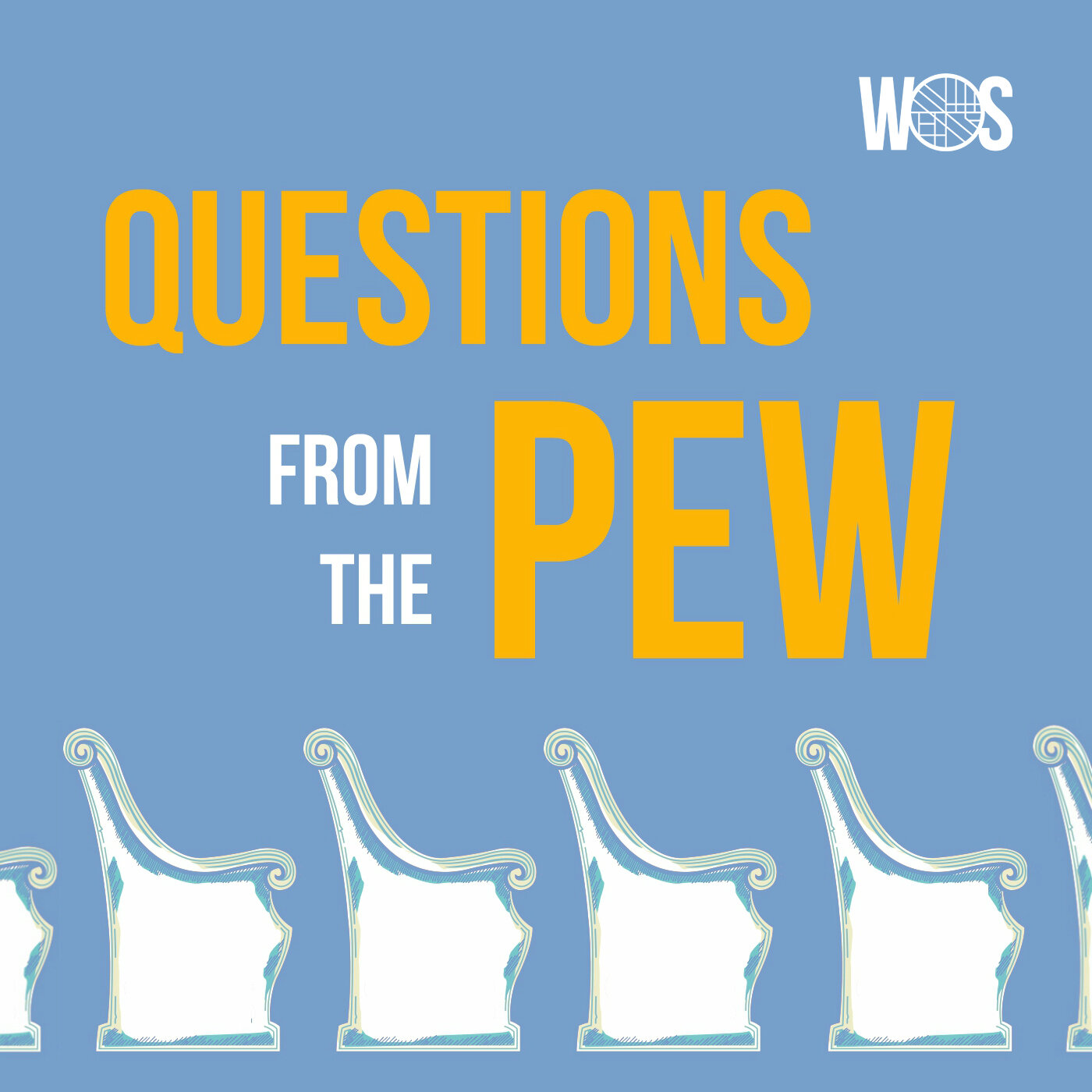At any major book store, you’ll find a self-help section filled with books that teach you how to have a good life or think positively. YouTube channels that offer guided methods of living well are in no short supply. There are also personality tests which help you discover your true self and unlock your hidden potential. But is there any truth to these things?
Traditionally, Evangelical Christianity has upheld prayer and personal Bible reading as the normative Christian practices for spiritual formation. Other practices that reflect self-help methods or religious mysticism are often disregarded. Yet our culture has become increasingly interested in a more holistic understanding of what it means to be human. This in turn has led to a discussion within the Church of what it means to not only be human, but also how Christians ought to interact with what are commonly viewed as shallow self-help guidelines.
In a society that accepts all paths to personal wholeness, whether that be through religion, exercise, or meditative practices, how are Christians unique? Does self-discovery have any place in the life of a Christian? Can holiness and personal wholeness co-exist? All that and more on this edition of Questions from the Pew.


